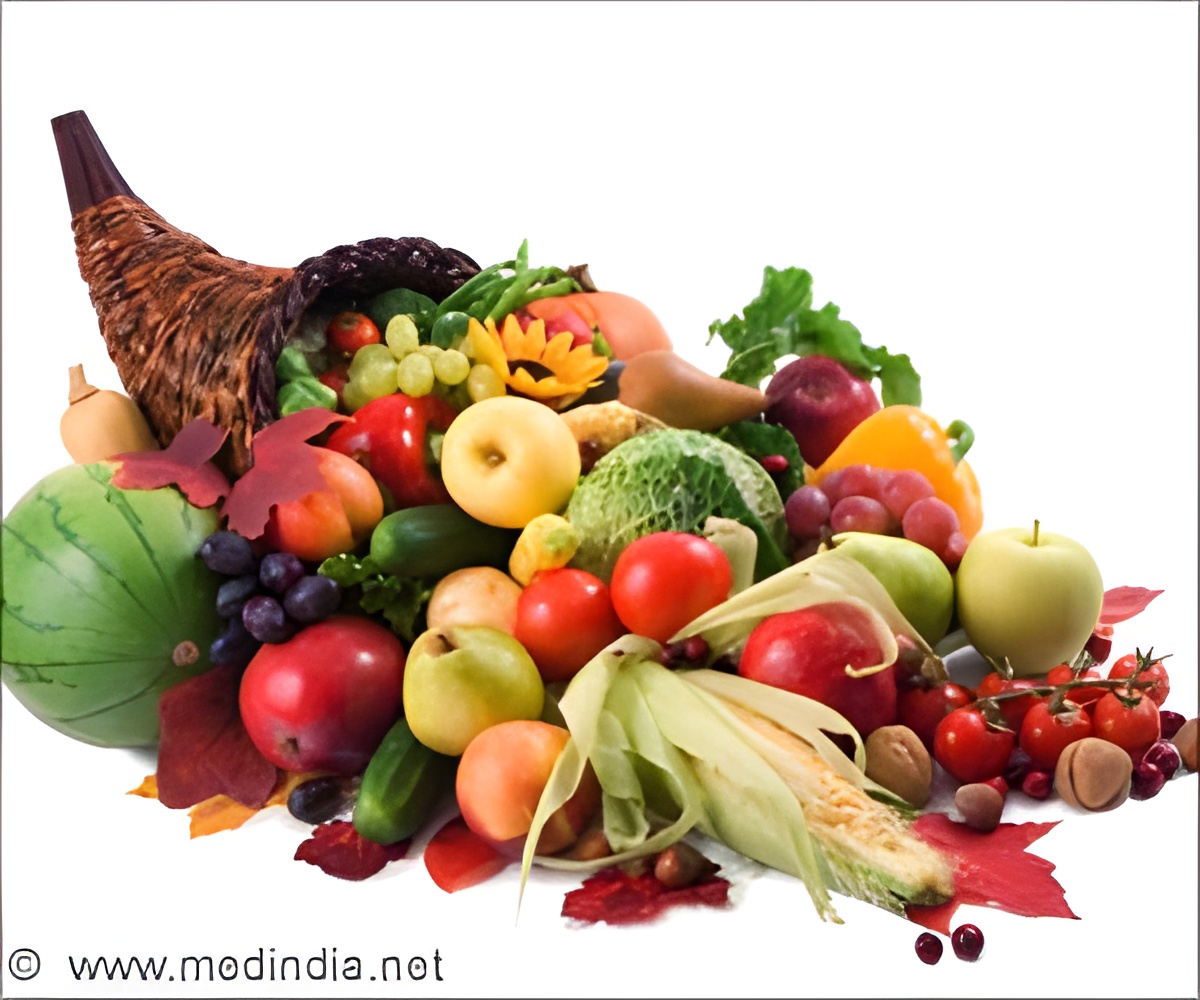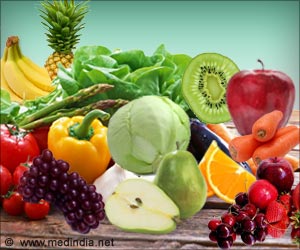School fruit schemes can help elementary school students eat more fruits and vegetables. They tend to consume more even when there is no school fruit distribution.

TOP INSIGHT
School fruit scheme aims to increase fruit and vegetable consumption to develop a healthy lifestyle in children.
"The frequency of fruit and vegetable consumption of the participating children increases significantly", says Julia Haß, doctoral student at the Institute for Food and Resource Economics (ILR) of the University of Bonn.
The study also provided initial indications that participation in the school fruit scheme can have a positive long-term influence on children's nutritional habits. "The participating students consumed fruit and vegetables much more frequently, even on days without school fruit distribution", reports Prof. Dr. Monika Hartmann from the ILR.
Overall, the two scientists from the University of Bonn interviewed more than 800 third- and fourth-graders at twelve elementary schools in North Rhine-Westphalia.
The data of 664 children could ultimately be included in the evaluation, which was supported methodically by Prof. Dr. Tanja Lischetzke from the Faculty of Psychology of the University of Koblenz-Landau.
Children at schools with voluntary after-school care profit more
"There was a tendency for children who use the voluntary after-school care program to benefit more from school fruit deliveries", says Julia Haß. However, this effect applies only to the implementation form with two school fruit days per week and can be explained by the fact that the leftover fruit and vegetables from the morning are passed on to the after-school care program.
Students spending all day at school therefore had more opportunity to access the fruit and vegetables. With three school fruit days a week however, all children benefit on a comparable scale as the schools distributed leftover fruit and vegetables in the classes the following morning.
"In principle, the EU School Fruit and Vegetable Scheme is a useful nutritional measure to increase the fruit and vegetable consumption of elementary school children", concludes Julia Haß. The distribution of school fruit on only two days a week appears attractive at first, as more children could be reached with the same budget. Nevertheless, this option must also be considered critically, as not all participating children are supported to the same extent.
The scientists emphasize that a further reduction in the distribution frequency should in any case be considered carefully. In order to be able to make reliable statements on the long-term effects of school fruit schemes, further studies would have to be carried out. With regard to the prevention of obesity, the overall nutritional behavior beyond the consumption of fruit and vegetables should be taken into account, according to the researchers.
The European Union promotes school fruit and vegetable schemes
The European Union has been providing financial support for school fruit schemes since 2009. The aim is to increase children's fruit and vegetable consumption and thereby contribute to the development of a healthy lifestyle. North Rhine-Westphalia is one of seven federal states that have been participating from the beginning and also support the scheme with state funds.
The strategy for the state's schools initially envisaged the distribution of school fruit and vegetables five times per week. In order to enable more schools to participate, it was decided from the school year 2012/13 onwards to reduce the distribution to three days per school week.
The exact implementation of the scheme is up to the schools, but accompanying nutritional education measures are required.
Source-Eurekalert
 MEDINDIA
MEDINDIA




 Email
Email










